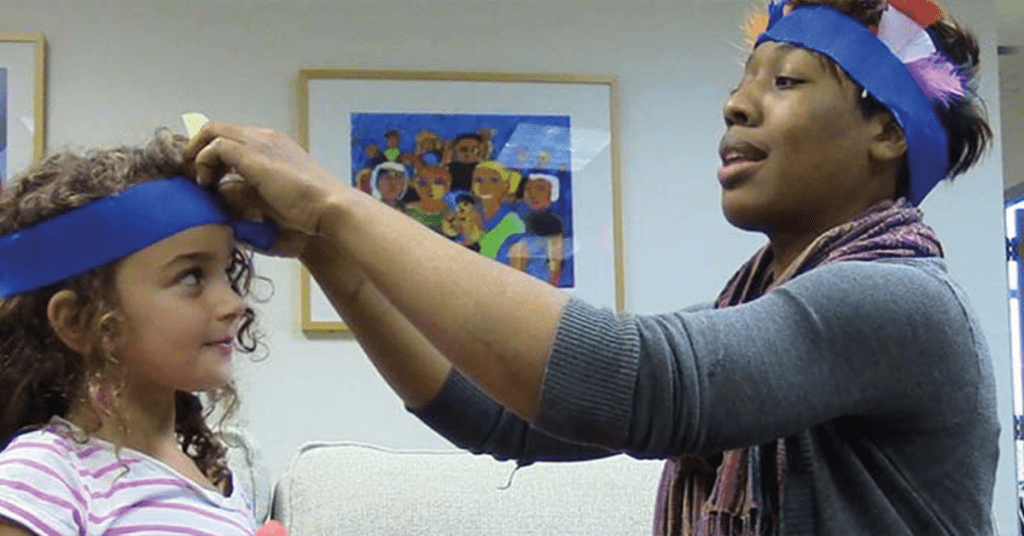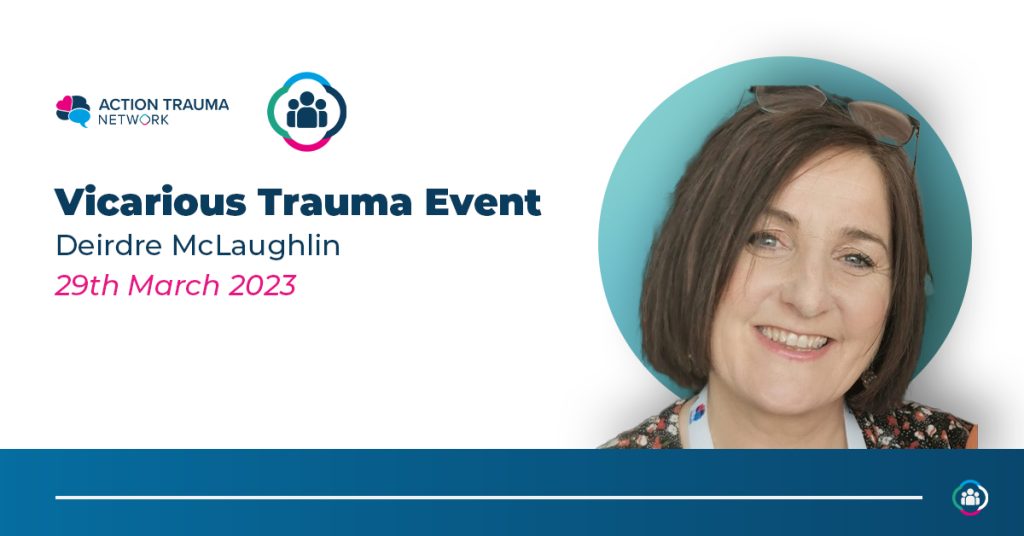Parenting Styles Blog | Parentline NI

If asked, how would you describe your parenting?
How we emotionally interact with our children, how we support them to cope with their feelings and how we encourage them to develop skills, is known as our parenting style.
Your parenting style is closely related to the development of your child’s sense of self, their resilience and confidence to face the world as integrated, independent citizens.
Our own experience of childhood will influence our parenting style; the patterns we repeat and the things we do differently from our parents/caregivers.

If asked, how would you describe your childhood?
If you are lucky, your caregiver consistently met all of your needs and through that relationship you
formed a secure attachment.
This secure attachment enabled you to grow up relatively self-assured and independent. You trust thatothers are trustworthy and that your caregiver could be relied upon to ‘refill your emotional cup’ i
needed.
If you went on to be a parent the chances are that you would be available, not just physically, but
emotionally to your children.
Parents facing times of stress or loss may become temporarily unavailable to their children, but a secure attachment style will have developed your resilience; your ability to bounce back and to reconnect and repair relationships.
In their book ‘Brain-based Parenting’1, the authors write about the concept of blocked care. I have since heard it referred to as ‘compassion fatigue’ and it would appear that it is much more common in
parenthood than one might think.
Left unnoticed or unattended to, it will inevitably lead to a ‘disconnect’ with our partners but
particularly our children. In instances where the underlying cause is chronic, such as unresolved trauma, it can have long-term implications on the parent-child relationship.

Here are some parenting styles to avoid. If you recognise yourself in any of the examples below, don’t despair! There are always opportunities , with the right support and resources, to heal, learn and grow as a parent.
- Comparison-based Parenting: When parents tend to treat everything as a competition,
comparing their children to cousins, friends and pitting siblings against each other or
choosing favourites, causing children to internalise this as “I’m never good enough” - Helicopter Parenting: Refers to parents who hover around children all the time,
preventing them from discovering themselves and asserting their identity. - Inconsistent Parenting: When parents set unclear or changing rules, guidelines and
values which often means children must get good at guessing what their parents want,
creating a sense of confusion and instability. - Deal with it yourself Parenting: When parents leave their children to solve every
problem even when they’re helpless. This extreme often causes hyper-independence
in adults. - Toughen Up Parenting: This is when parents tell their children to ‘suck it up’ even when
they’ve reached their limits which tells them that their needs are not a priority or they
are unimportant. - Emotionally Absent Parents: Parents understand that providing food, shelter and
warmth (basic physical needs) is good enough. But when children’s emotional needs
are neglected it can lead to a long-lasting sense of abandonment. - Parentification: Children are given responsibilities akin to that of an adult (tasks that
they are not developmentally ready for) resulting in them missing out on important
childhood experiences/milestones. - Conditional Love: When parents ‘gate-keep’ the love and affection that all children
deserve behind good grades at school and achievements which teaches then that they
are only worthy when they’ve achieved something.
Good enough parenting requires striking the right balance between teaching independence verses safety
Aim to offer a more gentle approach to parenting. Bruce Perry2 recommends the 3 R’s model for responding to behaviour: Regulate: Relate: Reason, in that order. Remember to regulate your own emotions before attempting to correct behaviour.
With a gentle approach, children feel respected and loved. They learn from parents how to love themselves. Parents calmly hold the safe-place, routines and boundaries for children to learn. Children feel empowered to make choices and learn natural consequences. With gentle parenting children’s delicate strength is nurtured to overcome difficulties and children are supported to become their best selves.
(Regulate) When the going gets tough, become more gentle (with yourself and your child). Take a slow deep breath, drop your shoulders, change negative self-talk to positive self-talk
(Relate)Visualise yourself as the parent you would have needed at that age in that situation.
Listen; Validate your child’s feelings; offer empathy, not solutions; Speak softly; use fewer words. By validating feelings we can support our children to develop their thinking and manage their behaviour’s. This is co-regulation. It is a skill (like driving a car), it needs practice… so don’t give up!
(Reason)Once calm has been restored, restate the boundaries for behaviour (without anger/frustration) and problem solve together. Think of better solutions when there is a problem and be curious about what triggered the behaviour.
We don’t have to be perfect, we will invariably get it wrong from time to time. Be aware, forgive yourself and repair the relationship with your child when you do get it wrong.
Becoming a parent can often trigger our own deep childhood experiences. Try to seek support if you find these difficult.
For further information and support please contact our free, confidential helpline 0808 8020 400.
In the meantime…
Spend some time every day connecting with your child/ren and treating yourself with compassion and care
Daniel A Hughes & Jonathan Baylin. Brain-Based Parenting: The Neuroscience of Caregiving for Healthy Attachment. 2012 Dr Bruce Perry, The The Neurosequential Model.









